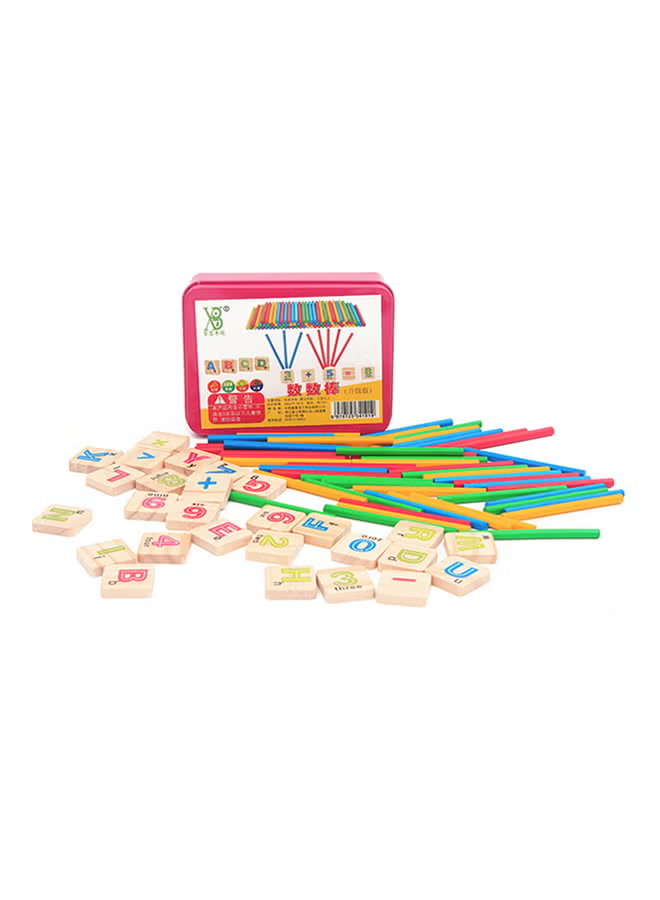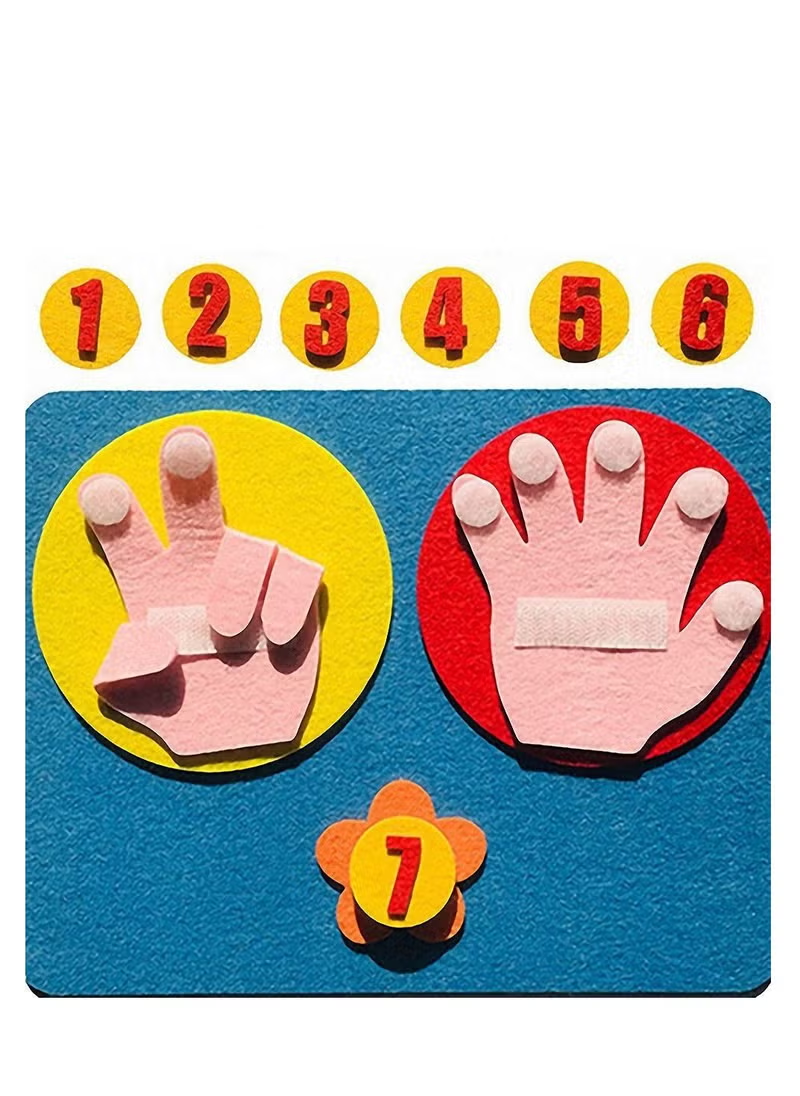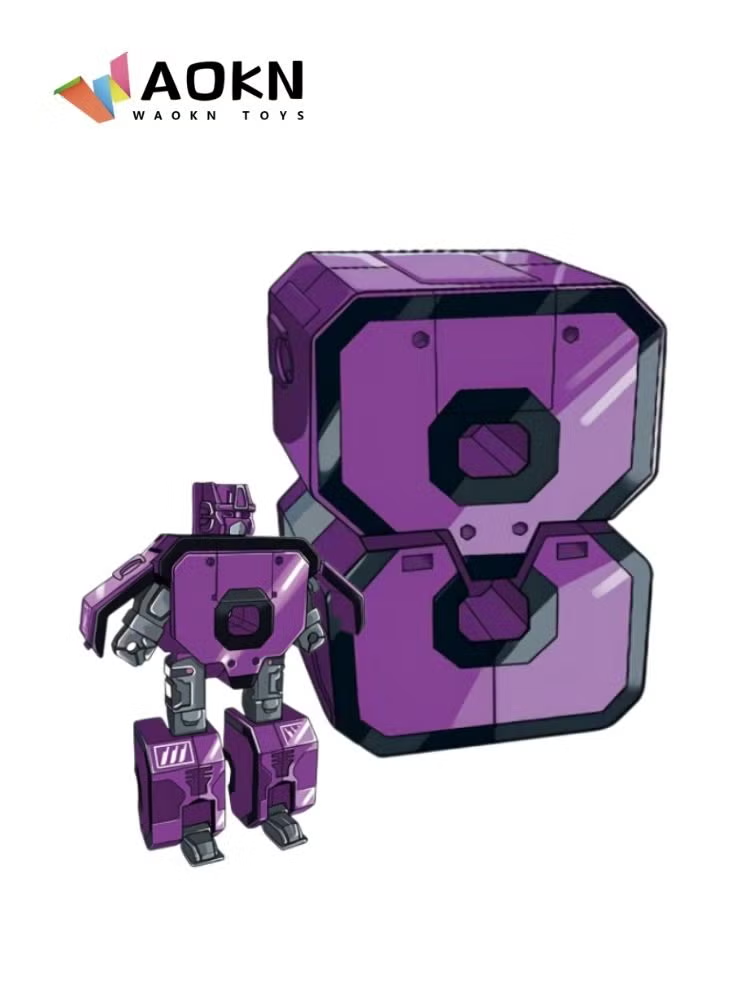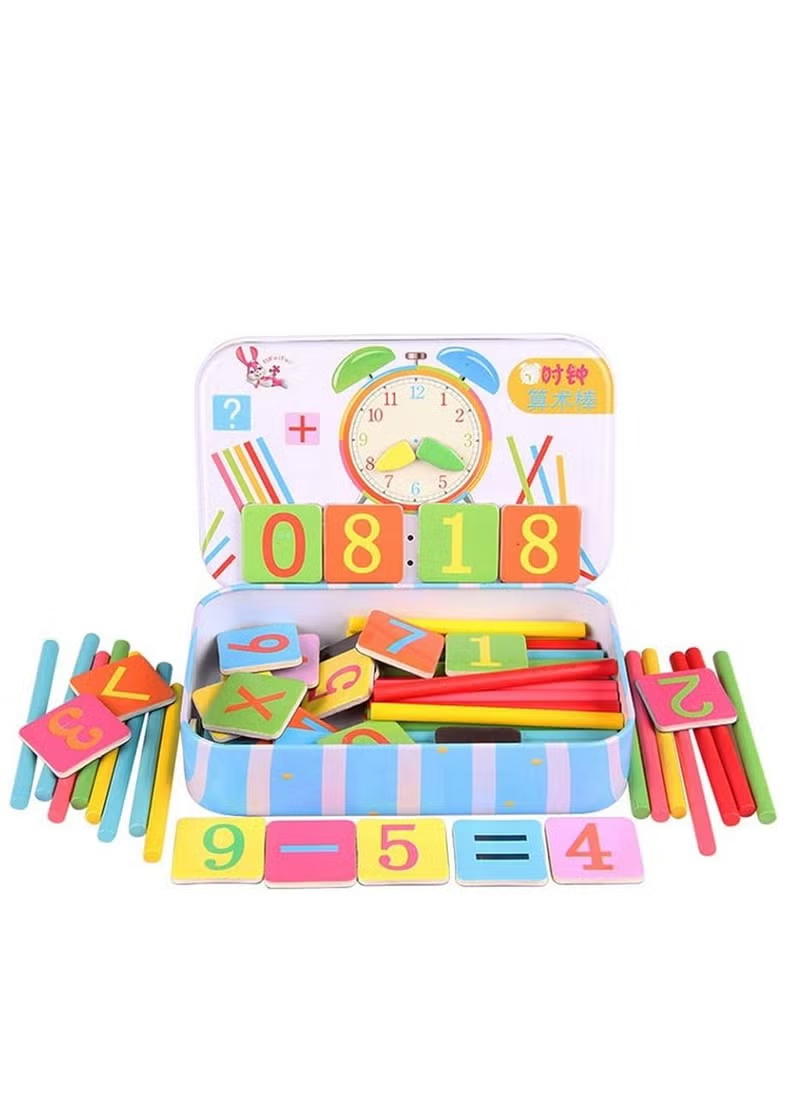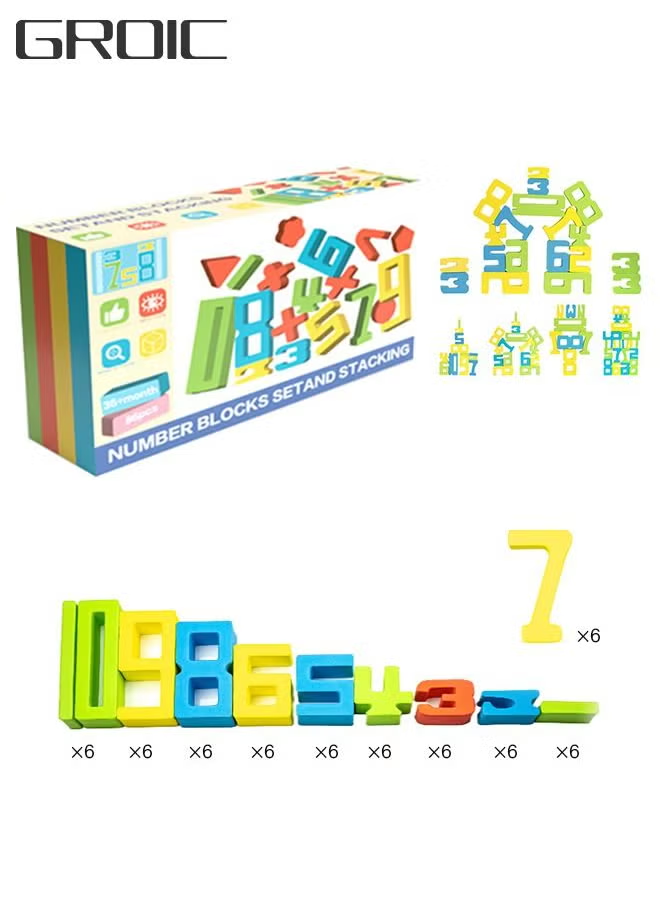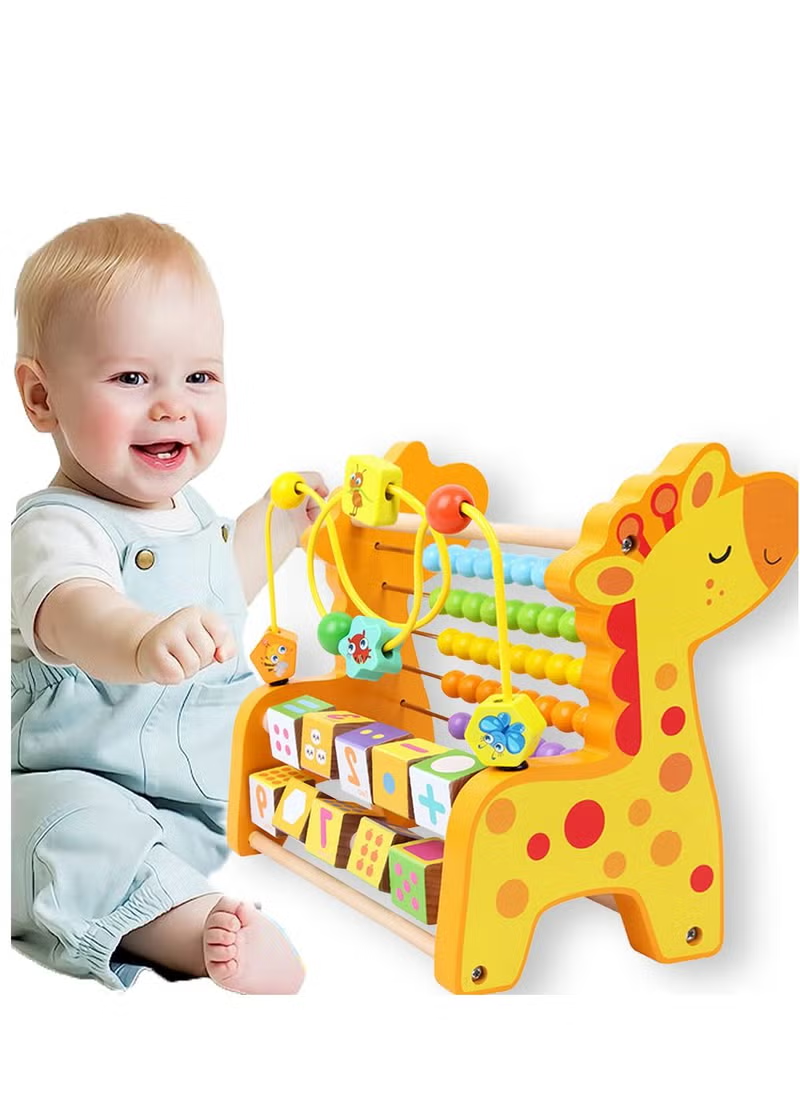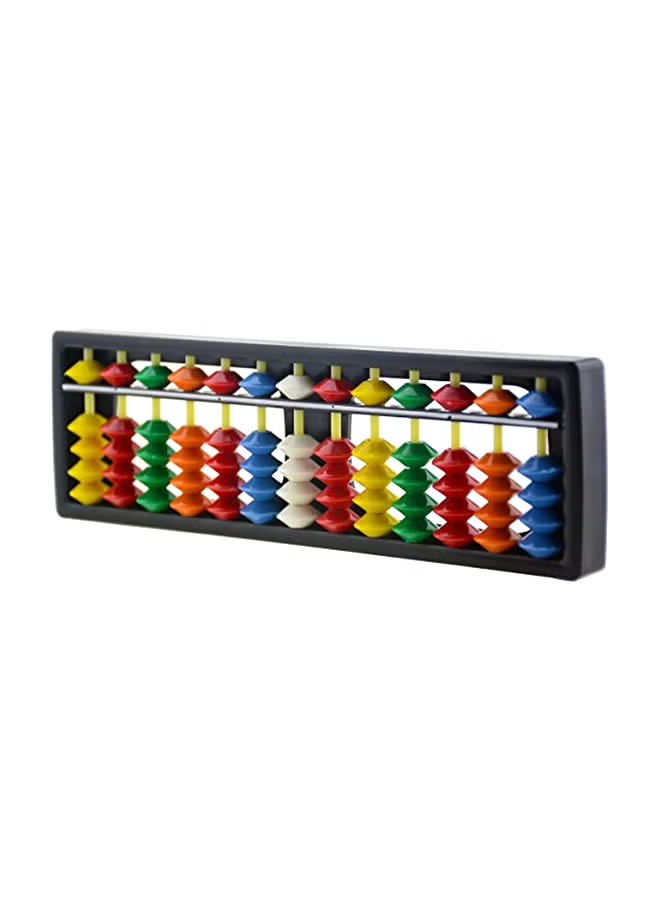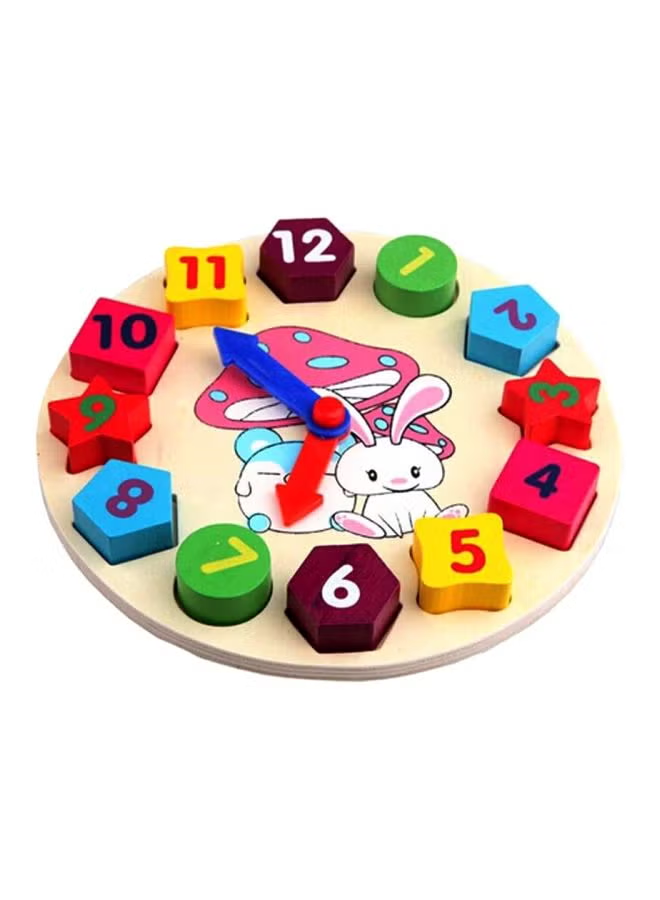Abacus Bead Arithmetic Counting Abacus with Reset Button School Supplies for Children Vintage Wooden Abacus Soroban Chinese Calculator Counting Tool 13 Column
توافر: {{ product.quantity }} جرد
SKU: {{ product.sku }}
{{ product.price_format }}
{{ product.origin_price_format }}
{{ variable.name }}
Reset Button: The reset button of the Soroban is very convenient to use. When you finish processing a set of data and continue to the next set of data, gently press the reset button to return to the initial state.
Increase Intelligence: Using the abacus increases the childs hands-on ability and stimulates the activity of brain cells, thereby improving the childs intelligence level.
Perfect Workmanship: The frame of the Soroban is polished and round without burrs, so you can use it at ease.
Material and Size: The Soroban is 13 grades and 5 beads. It consists of a plastic frame, beads and bamboo poles. Its size is 24x 6.9x 1.8cm.
Kind Service: Do not hesitate to contact us, every problem will be solved as best as possible.
Material: ABS material/ABS frame/Wooden pole. Non-toxic. Strong and durable. Beads: 5 beads and 13 digit. Smooth beads, will not scratch your fingers. Simple operation: Reset button, easy to operate. Make children learn simple number operations. It is a good companion for children to learn. Evolution Chinese Abacus, Suanpan The abacus (plural abaci or abacuses), also called a counting frame, is a calculating tool that was in use in Europe, China and Russia, centuries before the adoption of the written Hindu–Arabic numeral system.The exact origin of the abacus is still unknown. Today, abaci are often constructed as a bamboo frame with beads sliding on wires, but originally they were beans or stones moved in grooves in sand or on tablets of wood, stone, or metal. Application Although today many use calculators and computers instead of abaci to calculate, abaci still remain in common use in some countries. Merchants, traders and clerks in some parts of Eastern Europe, Russia, China and Africa use abaci, and they are still used to teach arithmetic to children. Some people who are unable to use a calculator because of visual impairment may use an abacus.
Increase Intelligence: Using the abacus increases the childs hands-on ability and stimulates the activity of brain cells, thereby improving the childs intelligence level.
Perfect Workmanship: The frame of the Soroban is polished and round without burrs, so you can use it at ease.
Material and Size: The Soroban is 13 grades and 5 beads. It consists of a plastic frame, beads and bamboo poles. Its size is 24x 6.9x 1.8cm.
Kind Service: Do not hesitate to contact us, every problem will be solved as best as possible.
Material: ABS material/ABS frame/Wooden pole. Non-toxic. Strong and durable. Beads: 5 beads and 13 digit. Smooth beads, will not scratch your fingers. Simple operation: Reset button, easy to operate. Make children learn simple number operations. It is a good companion for children to learn. Evolution Chinese Abacus, Suanpan The abacus (plural abaci or abacuses), also called a counting frame, is a calculating tool that was in use in Europe, China and Russia, centuries before the adoption of the written Hindu–Arabic numeral system.The exact origin of the abacus is still unknown. Today, abaci are often constructed as a bamboo frame with beads sliding on wires, but originally they were beans or stones moved in grooves in sand or on tablets of wood, stone, or metal. Application Although today many use calculators and computers instead of abaci to calculate, abaci still remain in common use in some countries. Merchants, traders and clerks in some parts of Eastern Europe, Russia, China and Africa use abaci, and they are still used to teach arithmetic to children. Some people who are unable to use a calculator because of visual impairment may use an abacus.
